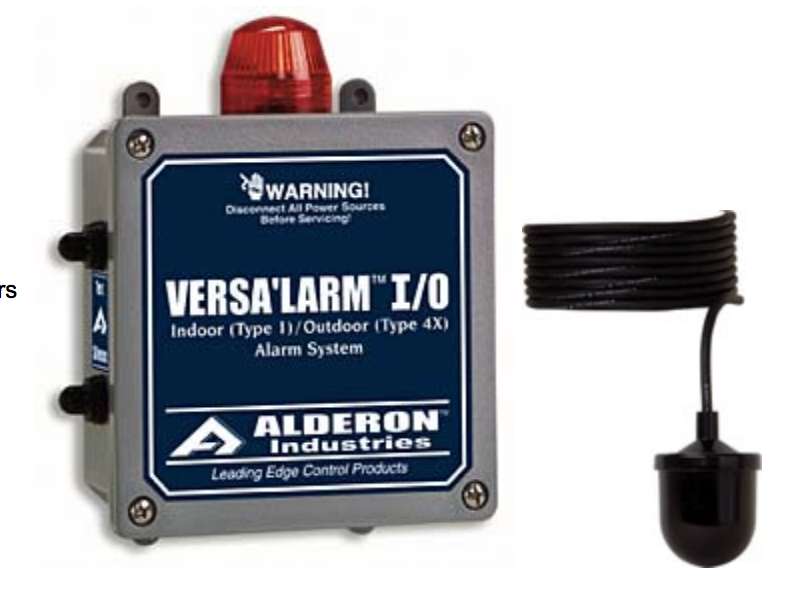Red Light On Septic System
As a homeowner, it is important to understand the significance of a red light on a septic system. A red light indicates that there is a problem with the system, and it is important to address the issue as soon as possible before it becomes a bigger problem. While a red light on a septic system may not be an emergency, it is still important to take action. In this article, we will discuss the various causes of a red light on a septic system and what you can do to fix it.
Understanding What a Red Light on a Septic System Indicates
A red light on a septic system indicates that the system is not working properly. This could be due to a variety of reasons, such as a blockage in the system, a malfunctioning pump, or a clogged filter. It is important to address the cause of the red light as soon as possible, as it can lead to more serious issues such as a backed up septic tank or even a system failure.
How to Troubleshoot a Red Light on a Septic System
The first step in troubleshooting a red light on a septic system is to check the alarm. The alarm should be turned off and then checked for any signs of trouble. If the alarm is not working properly, it may need to be replaced. If the alarm is working correctly, it is important to inspect the system for any visible signs of trouble such as clogs or blockages.
Inspecting the Septic Tank and Drain Field
Once the alarm has been checked, it is important to inspect the septic tank and drain field. If there are visible signs of clogs or blockages, the system needs to be serviced immediately. If the clogs or blockages are more severe, it may be necessary to call a professional septic system service to clean and service the system.
Replacing the Pump or Filter
If the red light is caused by a malfunctioning pump or filter, it is important to replace it as soon as possible. It is important to use only septic-safe parts when replacing the pump or filter, as some parts may not be compatible with the system. It is also important to make sure that the new pump or filter is installed properly and that the system is working properly.
Checking the Electrical Connections
It is also important to check the electrical connections of the system. If the connections are loose or frayed, it is important to replace them as soon as possible. It is important to make sure that the connections are secure and that the system is properly grounded.
Checking for Leaks
Finally, it is important to check for any leaks in the system. If there are any leaks, it is important to repair them as soon as possible. Leaks can lead to health hazards, as well as a variety of other problems.
Conclusion
A red light on a septic system is a sign that the system is not working properly. It is important to take action as soon as possible to address the issue and prevent any further damage to the system. It is important to inspect the system for any visible signs of trouble, replace any malfunctioning parts, and check the electrical connections and for any leaks. Doing so can help to ensure that the system is working properly and that any potential problems are addressed quickly.
My Aerobic System Alarm Light Went Off - What Should I Do?

Septic Alarm Going Off? - Troubleshooting Delaware | Willey & Co

Red Light Blinking On Septic Tank | Ralnosulwe
